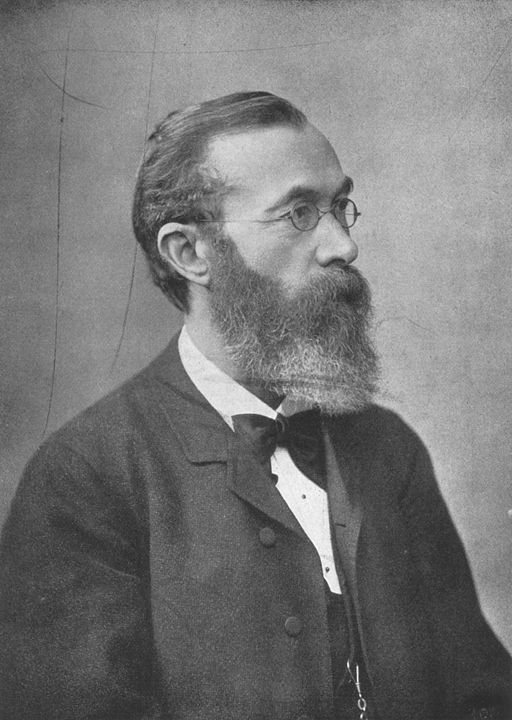Psychology vs Educational Psychology
The main distinction between psychology and educational psychology is that educational psychology is a sub-discipline within the broader field of psychology. Psychology is the scientific study of the human mind and behavior, encompassing various sub-disciplines such as abnormal psychology, social psychology, and developmental psychology. Educational psychology specifically focuses on the study of learning throughout a person’s life. Thus, while psychology has a broader view that encompasses all aspects of human life, educational psychology concentrates on the learning process.
What is Psychology?
Psychology emerged from humans’ fascination with the capabilities of the human mind, and it is defined as the scientific study of mental processes and behavioral patterns. Wilhelm Wundt established the first psychology laboratory in Germany in 1879, and he is considered the father of Psychology. The field has a wide scope, studying human development, personality, abnormalities, education, social interactions, and more. It originated from medicine (biology) and philosophy, but has since expanded and evolved, continuously changing and moving forward in academia and the scientific sphere. There are several schools of psychology, including Structuralism, Functionalism, Behaviourism, Psychoanalysis, Gestalt, and Humanistic psychology.
What is Educational Psychology?
Educational psychology is a branch of psychology that specifically focuses on human learning. This sub-discipline investigates various aspects such as motivation, conditioning, memory, intelligence, and cognition. Educational psychologists study learning processes in different settings and circumstances throughout a person’s life, using both cognitive and behavioral approaches. Theories within educational psychology come from various schools, such as behaviourism, Gestalt psychology, humanistic psychology, and functionalism. Particularly popular in educational psychology are behaviorist theories of classical conditioning by Ivan Pavlov and operant conditioning by B.F. Skinner, due to their applicability to real-life educational processes. Psychologists from different schools have presented various theories to analyze and understand the human learning process.
Key Takeaways
- Psychology is the scientific study of the human mind and behavior, while educational psychology is a sub-discipline that focuses on the study of human learning.
- Psychology has a broad scope, exploring various aspects of human life, while educational psychology specifically investigates learning processes and related factors.
- Educational psychology incorporates theories from various schools, such as behaviourism, Gestalt psychology, humanistic psychology, and functionalism.
